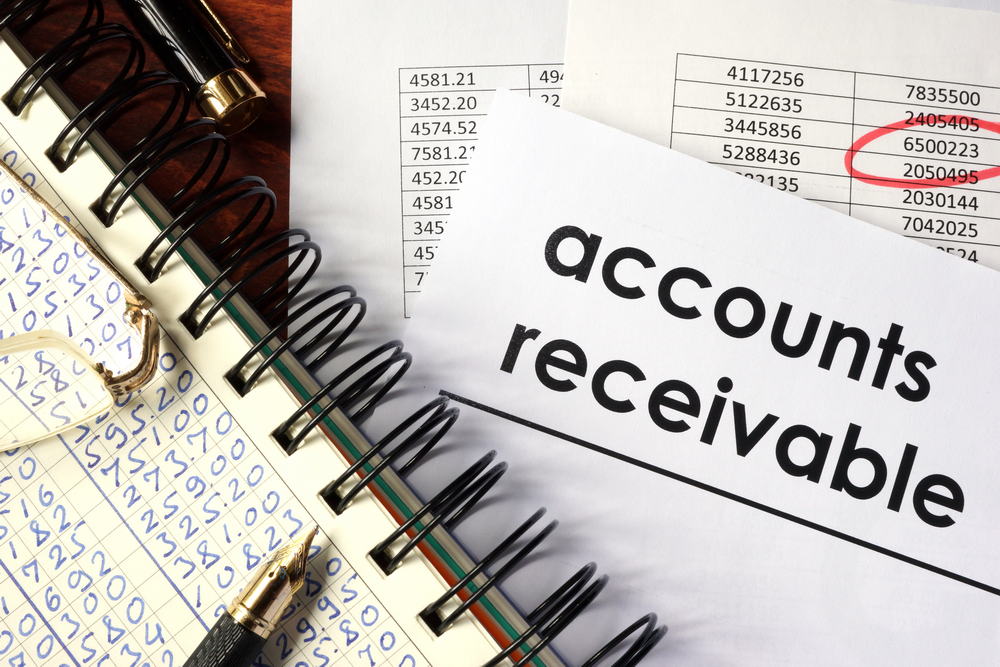Accounts Receivable: An Asset That Can Be Leveraged for Cash

How do you feel about accounts receivable? Some business owners consider them a liability in the sense that they represent uncollected money. But from a purely legal and accounting perspective, accounts receivable are actually assets. Even better, they are assets that can be leveraged to raise cash. Accounts receivable factoring is a tool for doing just that.
Also referred to as accounts receivable financing, a/r factoring, and other terms, the practice involves selling outstanding invoices to a factoring company. You get a certain amount of cash up front and the remainder when the invoices are paid. The factoring company charges a fee for its service, a fee that is deducted from the final payment.
If you are new to all of this, you might be confused as to how companies can sell invoices. The ability to do so rests in how invoices are treated under the law. They are more than just pieces of paper with numbers on them.
Legally Enforceable Claims
Invoices represent legally enforceable claims for payment. Every outstanding invoice your company possesses represents a claim against a customer who owes you money. That claim is legally enforceable in a court of law. As such, the invoice represents an asset in the sense that it represents cash you have yet to receive.
Assets of this nature can be legally bought and sold. It is really no different from civil judgments. In a civil court case, a judgment rendered against one party and in favor of the other becomes a tangible asset that can be bought and sold. Judgment creditors are known to sell their judgments to collection agencies. Accounts receivable factoring is similar.
Factoring Is Not a Loan
At this point, it is important to know that a/r factoring is not the same thing as a loan. There are some in our industry that apply the term ‘accounts receivable financing’ to both factoring and loan programs. But the two are entirely different.
As previously explained, factoring involves selling unpaid invoices to a factoring company. In a loan situation, a company with outstanding invoices uses them as collateral to get a loan. In exchange, the financing company offers an amount equivalent to a certain percentage of the outstanding invoices. The customer makes regular payments to pay back what was borrowed. Invoices only come into play if the customer cannot make the promised payments.
This sort of accounts receivable financing is not what we do at Thales. We are a factoring company, not a private lender. Be sure you understand the distinction before you start looking at your accounts receivables as a way to raise cash.
Make Invoices Work for You
We are big fans of accounts receivable factoring. We wouldn’t do it otherwise. Accounts receivable factoring takes an asset that remains largely inactive and puts it to work on behalf of a company. How so? By giving that company access to cash it can use to pay bills, purchase supplies, etc.
Right now, all your outstanding invoices represent legal assets that are not doing you much good. In fact, you actually need to invest time and resources collecting on them. The longer you wait to get paid, the longer you go without the cash you need to put back into your business. Our service changes things. Factoring makes invoices work for you rather than against you.
If you would like to know more about how accounts receivable factoring can help your business, contact us at your convenience. We are ready to answer your questions and explain how our service works.